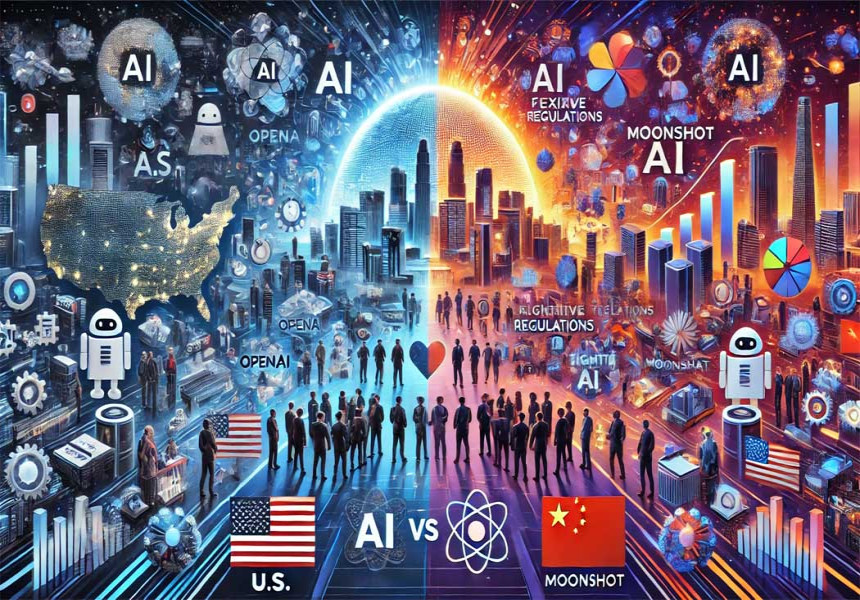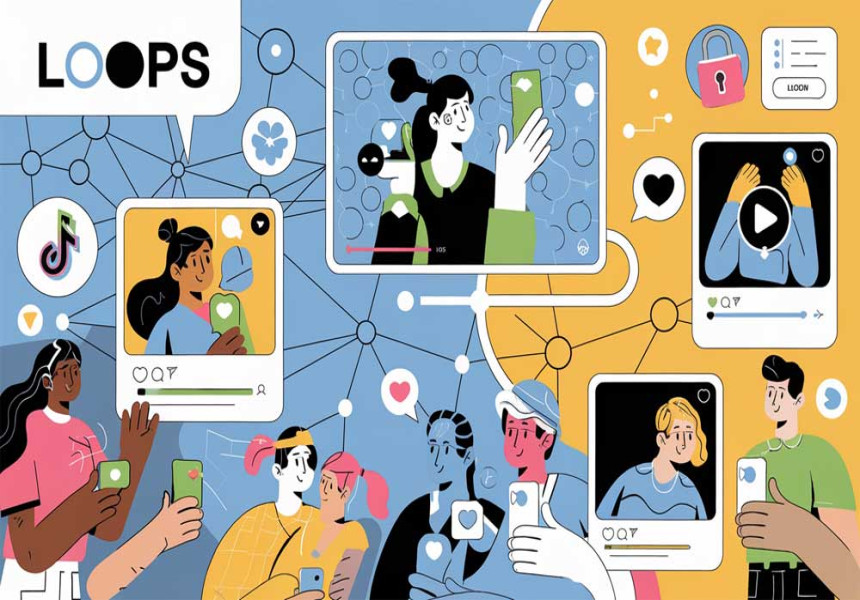OpenAI Unveils Codex: The AI Coding Agent Revolutionizing Software Development
OpenAI has launched Codex, a powerful new AI coding agent designed to assist software developers with writing code, fixing bugs, running tests, and managing multiple programming tasks simultaneously. Announced on May 16, 2025, Codex represents a significant advancement in AI-assisted software engineering and is now available to ChatGPT Pro, Team, and Enterprise users, with plans to extend access to Plus and Edu subscribers soon.
What is Codex?
Codex is a cloud-based software engineering agent powered by codex-1, a specialized version of OpenAI’s o3 AI reasoning model optimized specifically for programming tasks. It operates within a secure, sandboxed virtual environment preloaded with the user’s code repository, enabling it to autonomously write features, debug errors, propose pull requests, and iteratively run tests until the code passes all checks.
Unlike traditional chatbots that only respond with text, Codex functions as an AI agent capable of interacting with software and online services, effectively acting as a virtual coding partner. It can handle multiple tasks in parallel without interrupting the user’s workflow or access to their computer and browser.
Key Features and Benefits
- Multitasking AI Agent: Codex can manage several software engineering tasks simultaneously, such as refactoring code, renaming variables, writing tests, and answering questions about the codebase.
- Human-like Code Generation: Trained with reinforcement learning on diverse real-world coding tasks, Codex produces clean, human-style code that closely follows instructions and project style guidelines.
- Integrated Development Environment: Accessible through the ChatGPT interface, Codex can be customized via an "AGENTS.md" file in repositories to provide context, coding standards, and project-specific instructions.
- Improved Workflow Efficiency: By offloading repetitive and well-scoped tasks to Codex, developers can focus on more complex and strategic aspects of software development.
- Easy Setup: Codex CLI, a lightweight open-source terminal tool, allows developers to integrate Codex into their local workflow with low-latency code editing and Q&A support, now featuring simplified authentication via ChatGPT accounts.
Availability and Pricing
Codex is currently available as a research preview for ChatGPT Pro ($200/month), Team, and Enterprise subscribers. OpenAI plans to roll it out to Plus and Edu users shortly. Users initially receive generous access, with rate limits and additional credit purchase options to be introduced in the coming weeks.
Future Outlook
OpenAI is reportedly in talks to acquire Windsurf, another AI-enhanced coding tool, for $3 billion, signaling a strategic expansion of its AI programming capabilities beyond ChatGPT’s chatbot functionalities. Codex’s launch marks a pivotal step toward integrating AI more deeply into software engineering workflows, potentially transforming how developers write, debug, and maintain code in the future.
OpenAI’s Codex is poised to become an indispensable AI sidekick for developers, automating routine coding tasks while enhancing productivity and collaboration across teams. This innovation highlights the evolving role of AI agents in software development and the increasing synergy between human engineers and intelligent automation
.









